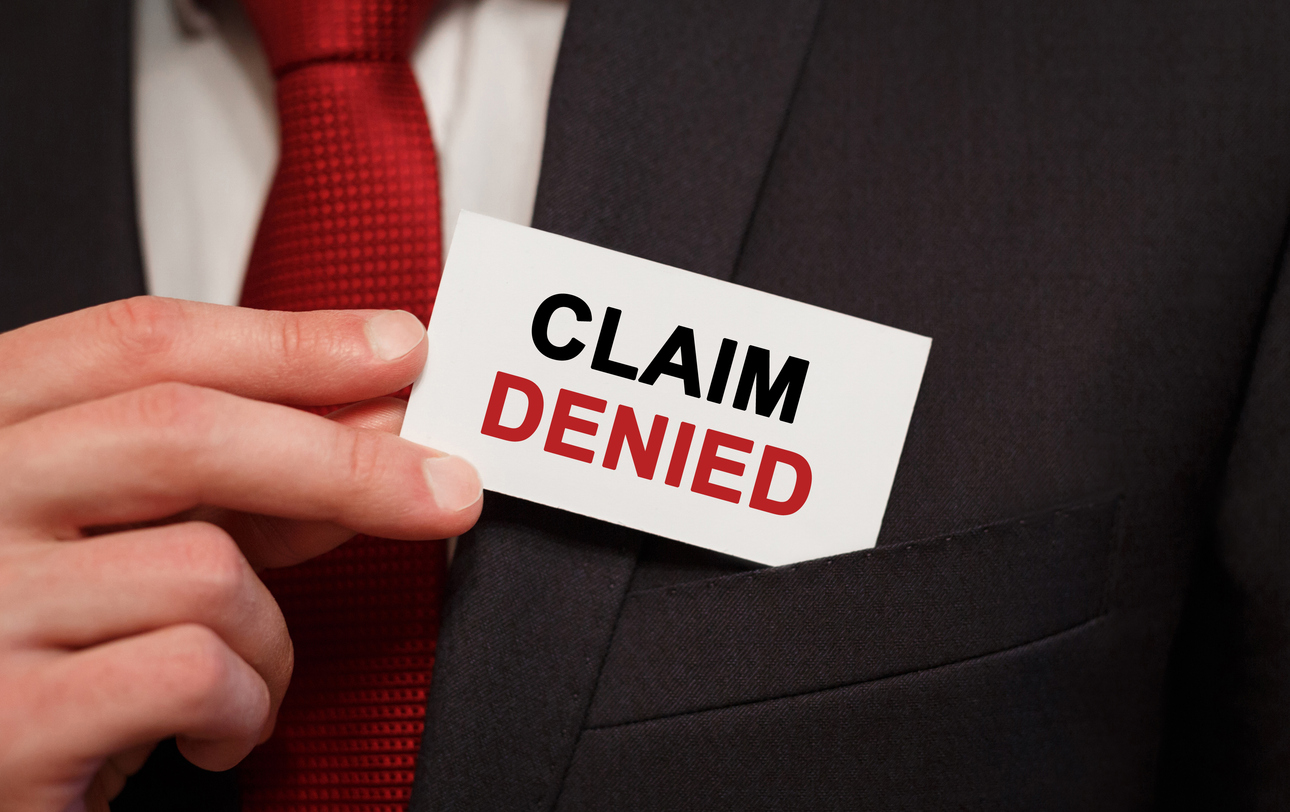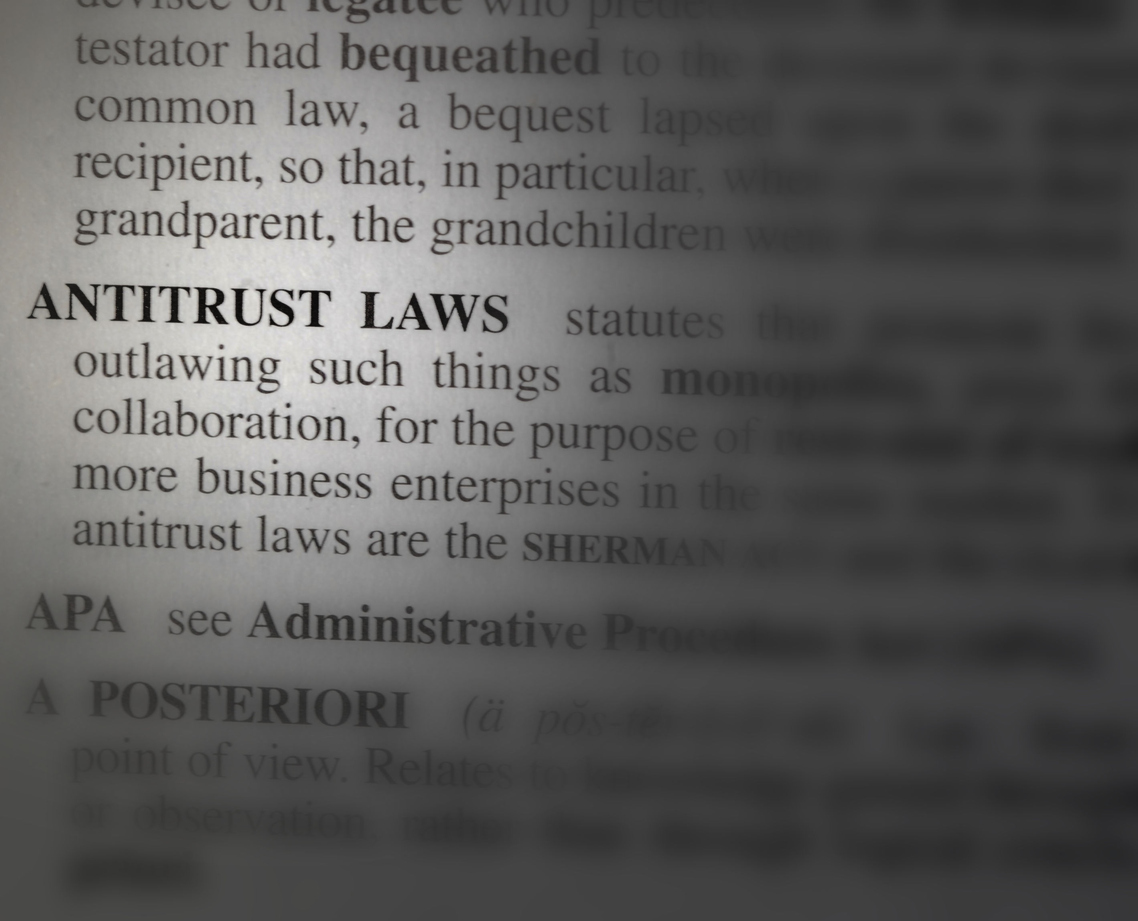That is the question of the hour, but should it be? A book has been written about the McKinsey Documents and discovery battles are constantly being waged over them, but, the Holy Grail of Allstate’s claims handling practices (as these documents have become equated) cannot change a poor factual case into a strong one and cannot overcome greed being camouflaged as a quest to right injustice.
This is the lesson policyholder advocates should learn from the recent trial in Kentucky. The issue is not whether these documents are still or ever were important, but are there more important proof issues that need to be addressed that are being neglected. Allstate contracted with the corporate guru management firm, McKinsey & Company, to "re-design" its claims handling policies and procedures. I became the Chairperson of the American Association for Justice, formerly Association of Trial Lawyers of America, Bad Faith Litigation Group shortly after Allstate rolled this process out on a national basis. Our law firm immediately started trying to get the internal documents related to the processes through whatever legal means we could.
In 1997, we became aware of a lawsuit in Washington that required Allstate to turn over tapes and documents. After learning there was no protective order keeping them secret, we had an associate fly out to Washington to get them copied and distributed so that we could use them in our growing number of claims practice lawsuits against Allstate. Subsequently, we learned that the New Mexico Plaintiff’s Bar had taken our findings one step farther and obtained the underlying documents from McKinsey.
While I have personally reviewed the McKinsey documents, protective (secrecy) orders prohibit me from explaining the relevance and importance of these documents in depicting the claims culture at Allstate. I truly doubt these are "trade secrets" because McKinsey seems to sell the same ideas to all its insurance clients, with minor changes to the nomenclature. I wonder if any regulator has considered the antitrust implications of oligopolists using a consulting company to share trade secrets.
Nevertheless, as my friend and colleague, Rick Friedman, points out in his trial guidebook, "Rules of the Road," establishing bad faith liability through case specific breaches of good faith is the most important aspect of a bad faith trial. The insurance company’s conduct in relation to and contrary to the rules of good faith conduct is the important proof issue. Documents which may indicate cultural or systematic issues are secondary. My intent is not to negate the relevance of documentary proof of an internal corporate culture which may explain why bad conduct occurs. However, the individual case specific bad faith conduct is always paramount to the judge and jury. This recent Allstate victory will be distinguishable from future cases or currently pending cases largely because of case specific conduct rather than a mountain of documents which could be viewed as irrelevant.



